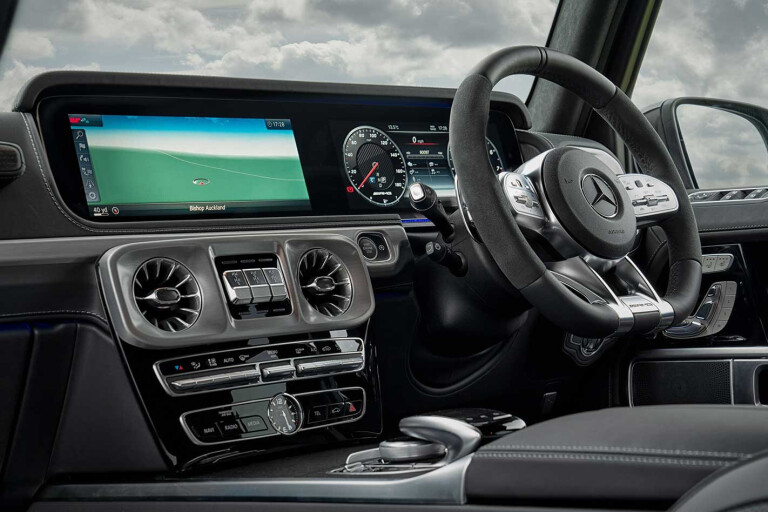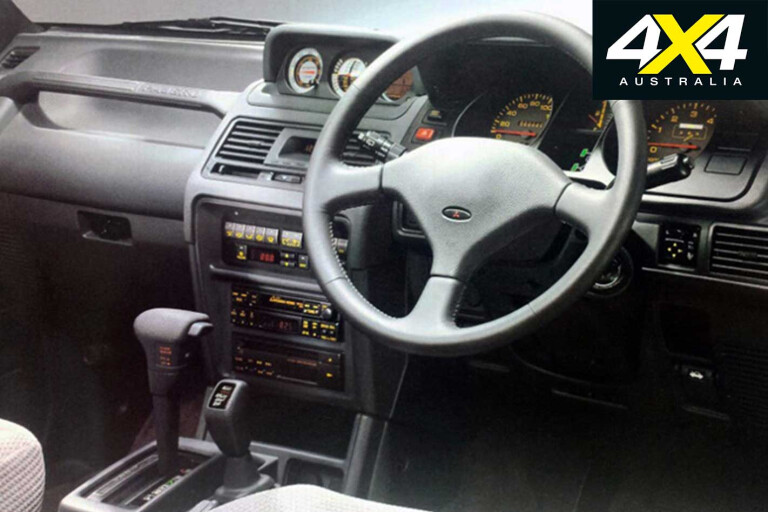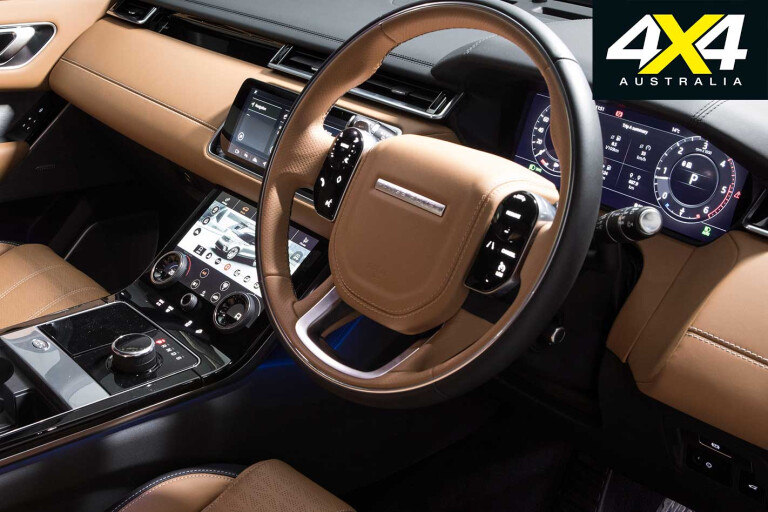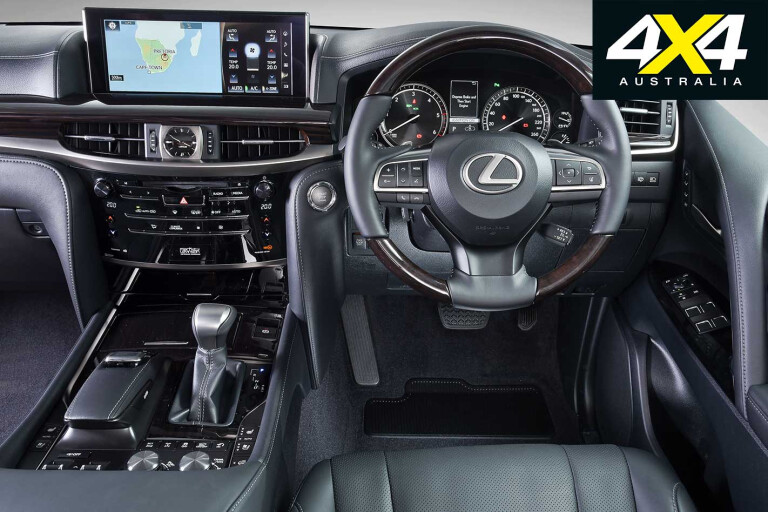
I HAVE BEEN driving a lot of new vehicles lately and it’s got me thinking about how complex modern in-car multimedia systems and driving-assist systems have become.
Way back before mobile phones were a thing, the only multimedia to be found in most 4x4s was a radio with a tape deck. And back then (yes, I’ve been around for a bit), I recall writing about how easy some of these sound systems were to operate (usually in Toyotas and Nissans) and how fiddly some others were (usually in Mitsubishis).

The ones that were easy to use had big dials and buttons for volume, tuning, balance and tone, and, in later years, an AM/FM selection switch and a digital station display. If you wanted to play a tape you just inserted it, and if you wanted to eject it you pressed a button marked ‘Eject’.
For some unknown reason, Mitsubishi decided to complicate matters by equipping its vehicles with radio/tape decks with lots of tincy-wincy buttons with even tincier-wincier writing on them, so you’d have to study them in detail before setting off on a journey because you’d never figure out how to change stations or adjust the volume once you were on the road… not without crashing, anyway. And this seems to be the case with some modern multimedia systems.
Multimedia systems often consist of a great, big touchscreen that’s positioned high on the dash where it’s easy to read and, in some cases, operate… but not always.

While some vehicle manufacturers have seen the light and offer Apple CarPlay/Android Auto, which essentially displays phone functions in an easy-to-see-and-use format, others insist on connection and multimedia operation via their own apps and systems, some even eschewing the ease of operation provided by a touchscreen. Nissan, for example, has NissanConnect, Mazda has MZD Connect, and Mercedes-Benz has COMAND, the latter operated by a touchpad, buttons and a dial down on the centre console.
Now I’m sure you might be able to familiarise yourself with any one of these systems over time, but it shouldn’t be that difficult; you should be able to get into any car and be able to easily use the sound system without having to first study an operation manual. At least Mazda has seen the light and will make Apple CarPlay/Android Auto retro-upgradeable on many models by the end of this year.

Another bugbear I have is with the increasing complexity of active vehicle systems. Things like lane-keep assist, automatic emergency braking, radar cruise control and park assist are all extremely convenient and, in some cases, very helpful safety features.
However, it is almost like you need a PhD in electrical engineering to activate, deactivate or adjust many of these new systems. First you have to delve into menus and submenus, and then sometimes into sub-submenus, either through the multimedia system or the vehicle’s colour TFT multi-information display in the instrument cluster.
Frustratingly, there are so many switches and dials on many modern vehicles that an Airbus pilot would struggle to unlock the fuel cap. As well as HVAC controls on the dash, the centre consoles on some new vehicles are crowded with switchgear for the park brake, mode-selectable 4x4 systems, a variety of transmission modes, hill-descent control, hill-start assist, rear diff lock and more.

Then, in addition to the steering-wheel controls for manual gear selection, multimedia operation and cruise control, you’ll often find a cluster of switches almost hidden low on the right side of the dash to enable or disable the traction control, the stop-start function, the lane assist and the parking sensors, to adjust the camera view, heat the steering wheel, or open the boot.
Now, don’t get me wrong, as I’m all for modern technology improving vehicle safety, performance, handling, ride, comfort and off-road capability, but I think as vehicle complexity increases there needs to be some sort of consistency in operation of these systems between the vehicle manufacturers.
However, considering after more than 130 years of vehicle manufacturing they can’t even agree on where to locate the parking brake, I won’t be holding my breath.

COMMENTS